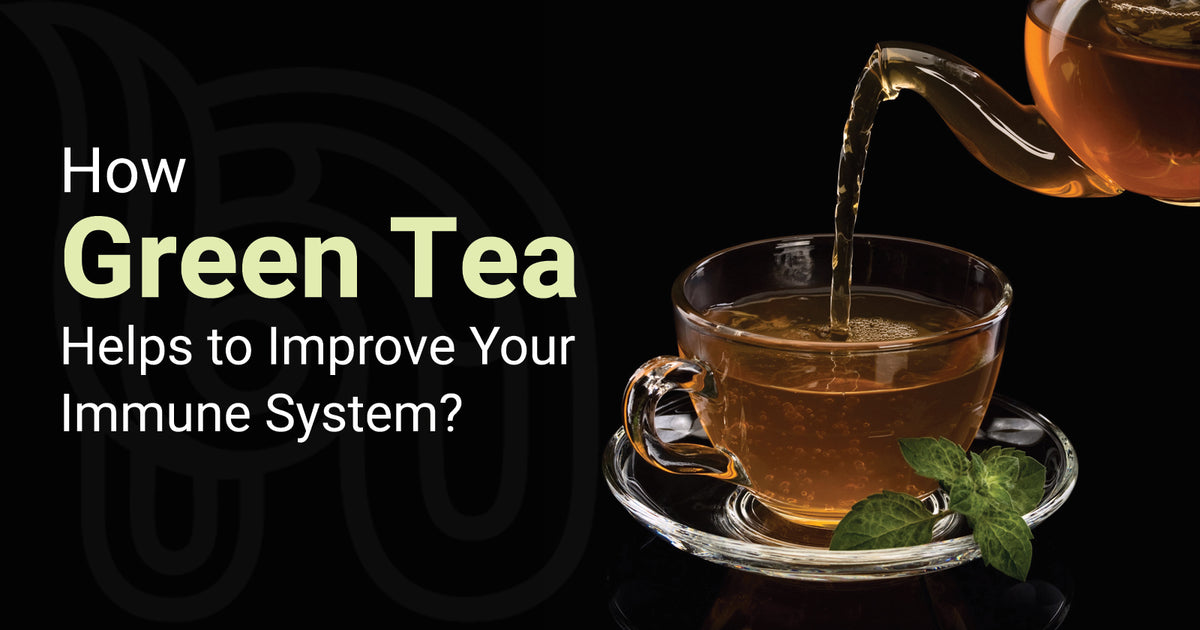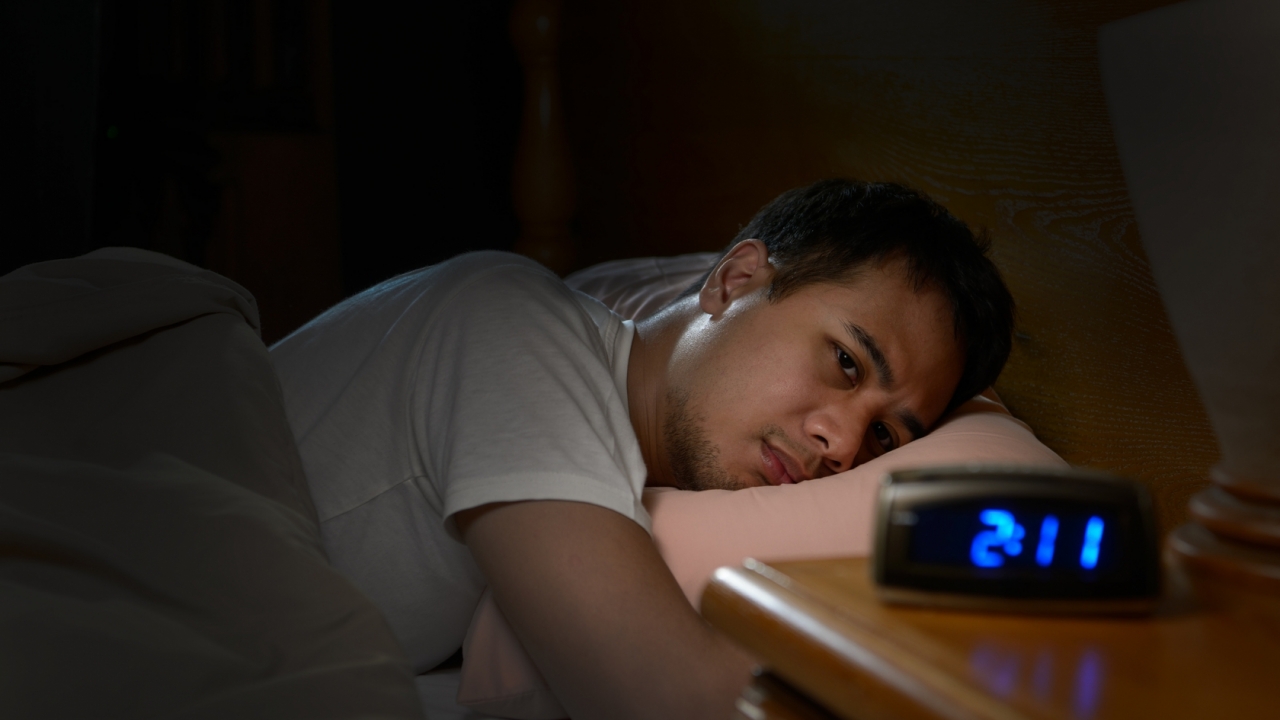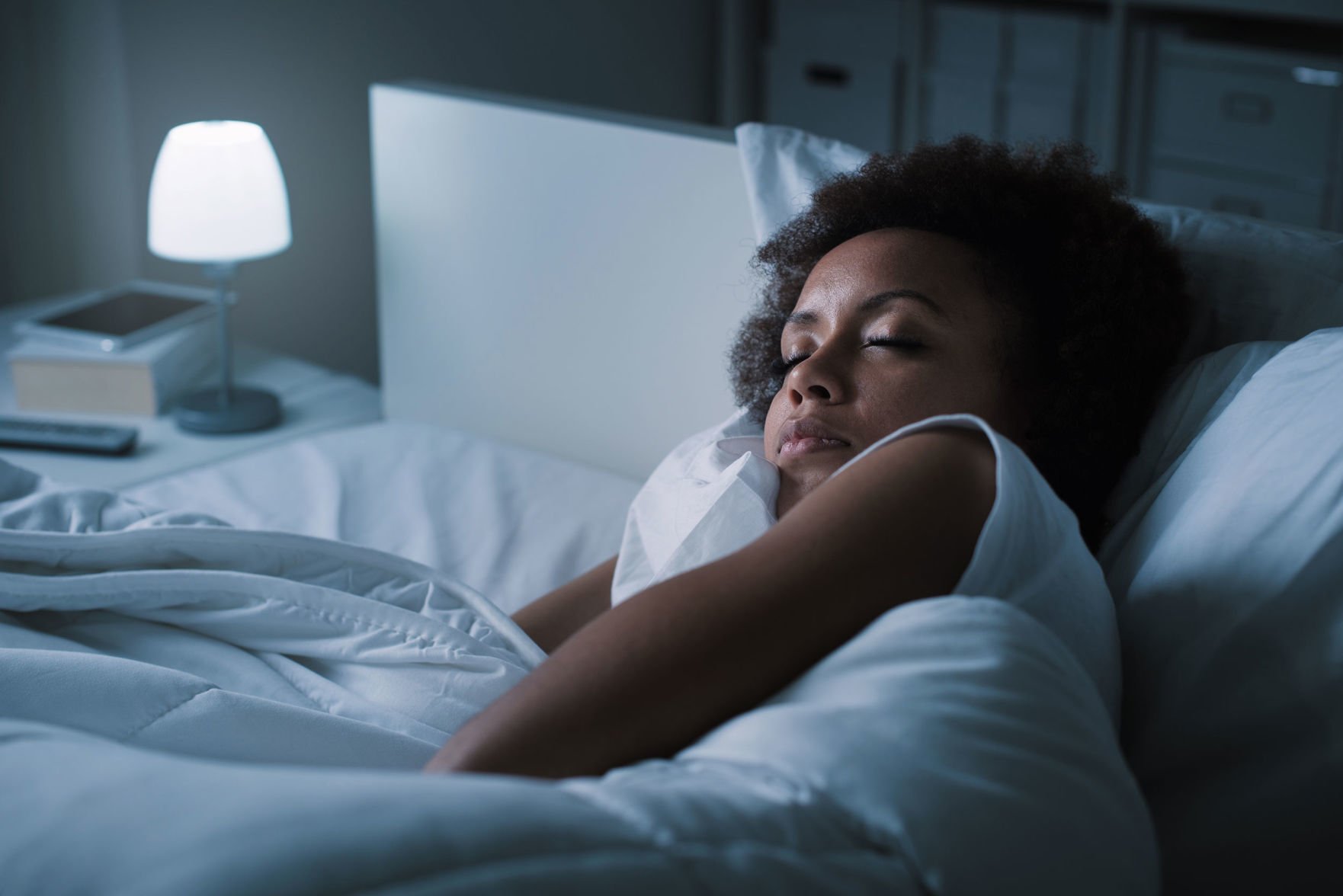
In fact, I just read an article in JAMA, the Journal of the American Medical Association, indicating that a survey, the results of which were just released, of 1.4 million people in 2020. And there are a number of mini studies, I would say, short studies indicating that there has been a lot of sleep dysfunction as a result of depression and anxiety occurring in people during the pandemic.

Problems with sleep are generally associated with depression and anxiety. Now let me go back to what I said maybe a year or two years ago was based on the information that we had, on surveys that were not very scientific. And during that time, I was not able to sleep as well as I used to." Yes, I do have those patients, but it is not epidemic. I developed a long COVID that lasted, three, four months. I do have some patients who come in for a variety of reasons, and they tell me, "I had COVID six months ago. I don't have too many patients coming to me saying I have insomnia because of COVID, or because of long COVID symptoms. How often do you see patients who fit this description?Īntonio Culebras, MD: We find some, but not too many. But today we're going to focus on people who had COVID, but have not 100% recovered - maybe they have long COVID - and among the symptoms they complain of is insomnia.

#Insomnia covid how to
Culebras, I'm really glad to have you back on "The Informed Patient." Earlier in the pandemic, you and I did an interview focused on how to deal with anxiety and stress to get a better night's sleep, because so many people were saying how hard it was to sleep during the pandemic.

He's a professor of neurology at Upstate specializing in sleep medicine. Today, I'm talking about the connection between long COVID and sleep troubles with Dr. Host Amber Smith: Upstate Medical University in Syracuse, New York invites you to be "The Informed Patient" with the podcast that features experts from Central New York's only academic medical center.


 0 kommentar(er)
0 kommentar(er)
